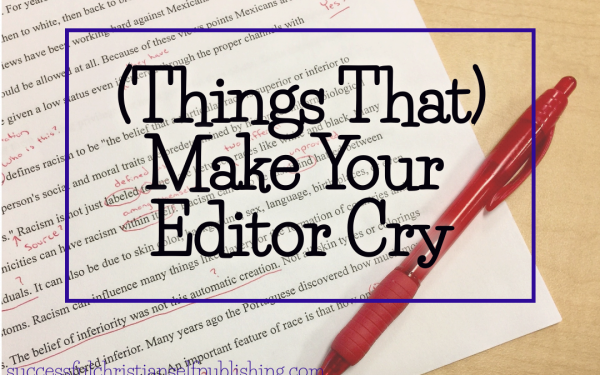Make Your Editor Cry: Language Choice (What is your Nationality?)

Assuming you reside in these United States of America, and assuming you write for an audience that speaks US English, then it follows that US (American) English should be the standard for the narrative.
Therefore, you must ensure that you use proper word forms for the proper language in the narrative.
Examples:
Use backward, forward, toward
Never backwards, forwards, towards
Use leaped, learned, creeped, often, amid, kneeled,
Never leapt, learnt, crept, oft, amidst, knelt.
Use acknowledgment, judgment.
Never acknowledgement, judgement.
Use gray.
Never grey.
Use ax, plow.
Never axe, plough.
Use capitalize.
Never capitalise.
Use check.
Never cheque.
Use endeavor.
Never endeavour (NASA can bite it on THAT one).
As for punctuation, dialogue sentences always end inside quotation marks. Do not add additional spaces between quotation marks. All other American English rules of spelling and grammar always apply first before any foreign rules.
In summary, use commonly used and accepted US (American) English spelling and styles.

Gregg Bridgeman is the Editor-in-Chief at Olivia Kimbrell Press. He is husband to best-selling Christian author Hallee Bridgeman and parent to three. He continues to proudly serve in the US Armed Forces and has done so in either an active or reserve capacity for more than twenty years as an airborne and air assault qualified paratrooper, earning a Bronze Star for his service. Most importantly, he was ordained in October of 2001 after surrendering his life to Christ decades earlier.

